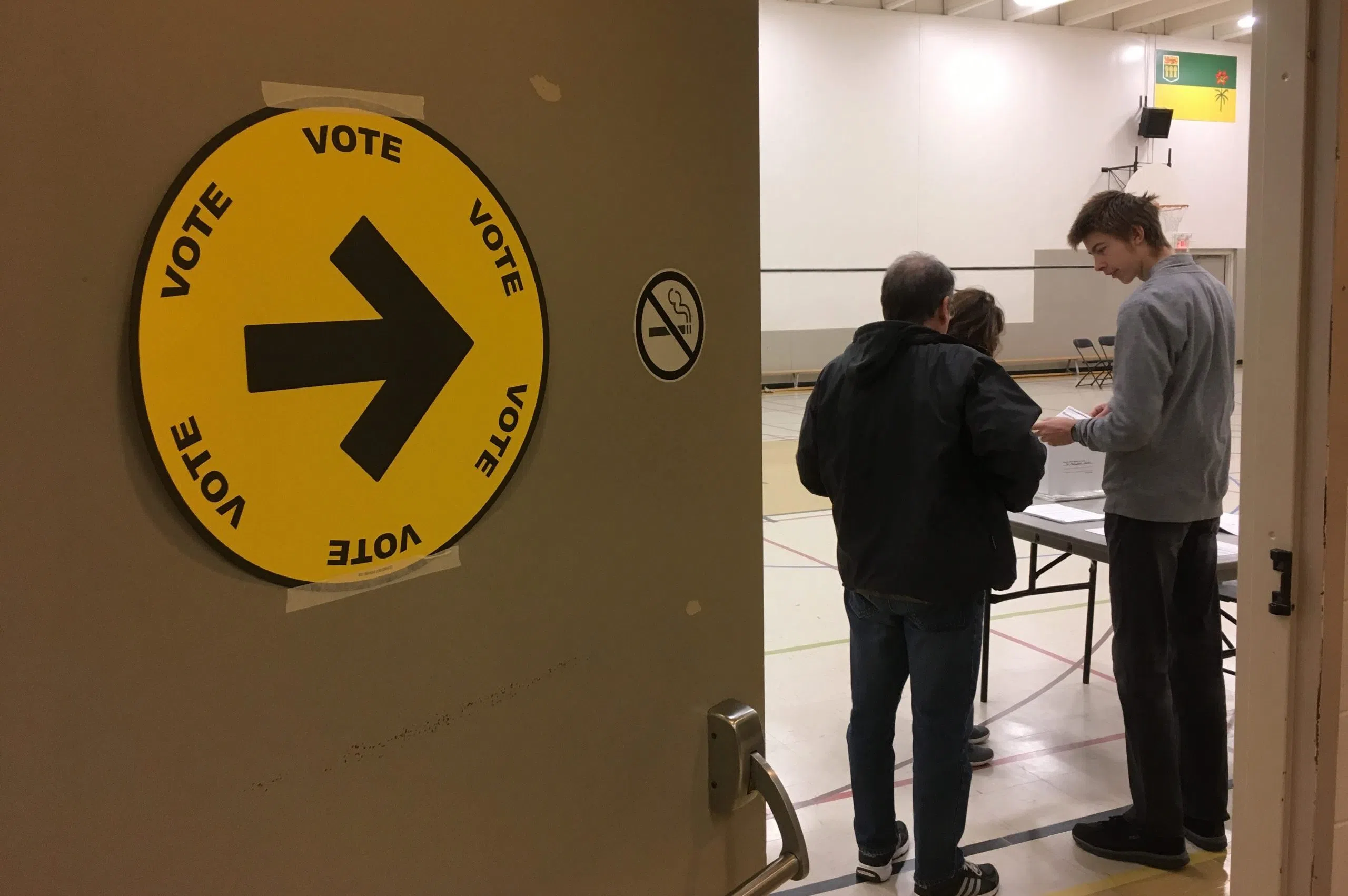Parliament has officially been dissolved and the race is now on for candidates looking to be elected to the Canadian Parliament.
With a snap election taking place less than two years since the last election and amid a global pandemic, many Canadians aren’t thrilled with the idea of going back to the polls.
Howard Leeson, professor emeritus at the University of Regina’s department of politics and international studies, suggests COVID-19 has nothing to do with people’s rejection of a Sept. 20 election.
“I don’t think the data is too different during the pandemic than it would be if it was normal circumstances,” he said. “Anytime that you have an election defined as early, you ask people that question and they say, ‘Well, I don’t think we need one right now.’
“That issue seems to go away fairly quickly after the writ is dropped.”
COVID-19 and the Delta variant may not be greatly affecting people’s attitudes towards the election, but it is surrounding the campaign with uncertainty.
The large rallies and crowds which have become synonymous with federal campaigns are unlikely this summer. Much more campaigning will take place online and over the phone as increasing case counts across the country could also affect a party’s ground game.
“Elections used to be about door-knocking, pamphlets and signs,” Leeson said. “In a sense, COVID, which has restricted the type of campaign you can do door to door, has accelerated a trend that was already there.”
Leeson said COVID-19 will also make this federal election very local. With each province — and sometimes various areas within each province — having different restrictions and public health orders, Leeson said this election will be more regional than any in recent memory.
“Elections in Canada have become a series of regional elections,” Leeson said, pointing to a handful of races in B.C., Ontario and Quebec.
“Overall, these series of regional elections where the parties are stronger than others, instead of a national election, it makes it a regional election.”
One other way COVID-19 is expected to affect the election is the expected increase of mail-in ballots. Like Saskatchewan experienced in the provincial election last October, mail-in ballots could delay results for days.
Elections Canada expects up to five million Canadians to vote by mail in the election. Fewer than 50,000 did so in the 2019 vote.
There are a couple of examples to look back on when a snap election was declared so a Liberal minority government could make a run for a majority.
In 1965, Lester Pearson and the Liberals fell two seats short of a majority and had to spend three more years in a minority government before Pearson was eventually succeeded by Pierre Trudeau as leader of the party.
In 1974, the Liberals once again had a minority government and this time were successful in electing a majority government and giving Trudeau his third term.
“We don’t know if it’s 1965 or 1974, we’ll just have to wait and see, I guess,” Leeson said.











